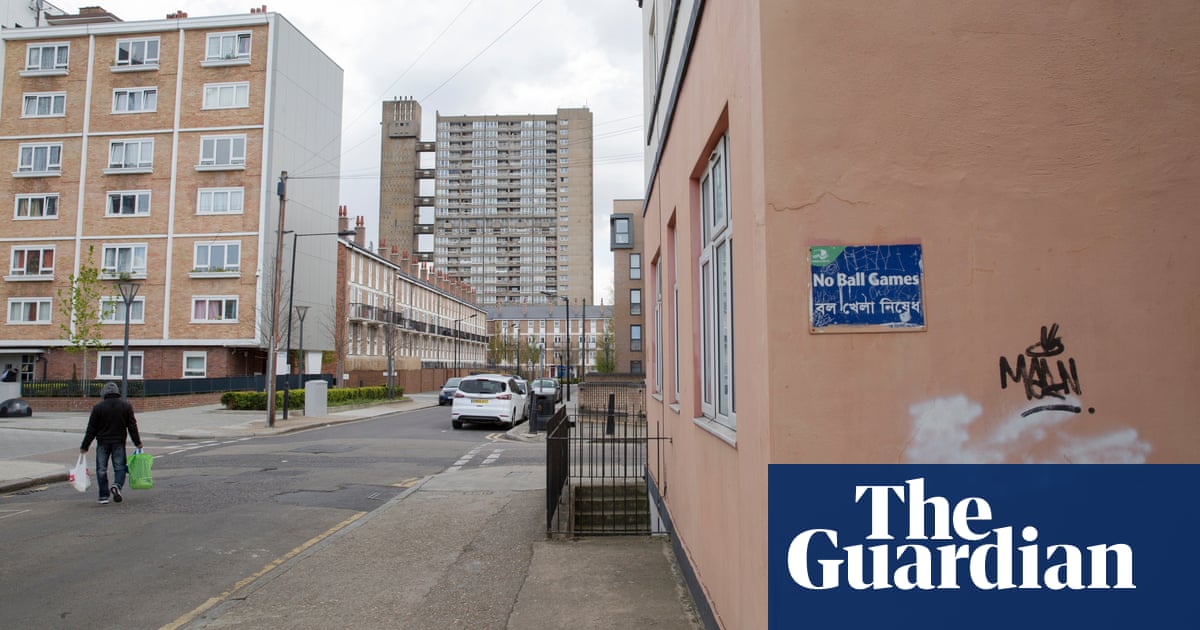
More than a million unpaid carers in the UK who look after disabled, frail or ill relatives are living in poverty, with one in 10 experiencing such extreme hardship they struggle to afford to eat regularly or heat their homes, new research shows.
Campaigners said carers – routinely lauded by politicians as unsung heroes whose sacrifices help prop up the NHS – were paying the price for “holding society together”, and urged ministers to act to fix “unacceptable” levels of hardship.
The scale of carer poverty will put further pressure on ministers to meet promises made before the election to reform outdated carer benefits and fix punitive welfare rules that make it hard for unpaid carers to take and hold down part-time paid jobs.
Although a lack of paid work was the strongest predictor of carer poverty, the flawed design of the main carer benefit, carer’s allowance, actively discouraged unpaid carers from part-time work on top of their carer duties, the research said.
The plight of unpaid carers has surged up the political agenda in recent months after a Guardian investigation revealed tens of thousands of carers were repaying huge sums to the government after inadvertently falling foul of draconian carer benefit rules and running up huge overpayments.
The brutal treatment of carers by the Department for Work and Pensions (DWP) for often minor breaches of the £151-a-week carer’s allowance benefit earnings limits caused public outrage and was compared to the Post Office scandal.
Emily Holzhausen, the director of policy and public affairs at the charity Carers UK, which published the research, said: “It’s deeply disturbing and shocking to see the numbers showing that millions of unpaid carers are living in poverty.”
She added: “Every day across the UK, the care they provide helps to hold society together. Yet so many pay an extremely heavy price with caring leaving them in or at risk of poverty and financial hardship. It’s simply unacceptable.
“The recent scandal over carer’s allowance overpayments have shown that a review of carer’s allowance, including its processes, is long overdue. We need a modern benefits system to fit the changing needs of carers and society.”
Overhauling carer’s allowance – which pays just £81.90 a week – would remove barriers to the job market and also help ministers meet promises to tackle child poverty. An estimated 40% of carer households have dependent children.
Carers UK estimates 600 people a day quit jobs to care for loved ones, and cites research by the Centre for Social Justice thinktank which found that four in 10 unpaid carers would return to work if the £151-a-week earnings limit – equivalent to just 13 hours of work at the minimum wage – was raised.
A series of Guardian articles this year revealed how hundreds of thousands of carers who inadvertently fell foul of the limit, often by just a few pounds a week, have been forced by the DWP to repay millions in overpayments and in some cases threatened with prosecution for fraud.
Latest figures show the DWP is clawing back £251m from 134,000 unpaid carers over overpayments linked to earnings rule breaches. Many affected carers, who were already struggling financially, have been left with crippling debts and face years of weekly deductions from their wages and benefits to clear them.
Carers were 50% more likely to be in poverty than non-carers, the study found, with women, people from ethnic minorities, and carers living in the Midlands and north of England far more likely to be struggling financially than those in the south-east.
Carers UK called for the carer’s allowance earnings limit to be raised to £240 a week, or 21 hours at the national minimum wage. This would lift 50,000 carers out of poverty at a cost of £90m a year. It also urged an immediate £11-a-week increase to the carer element in universal credit and pension credit, pulling 30,000 carers above the breadline at a cost of £580m a year
Unpaid carers have been especially hard hit by the cost of living crisis, with a Carers UK survey last year finding that one in three had cut back on essential daily living costs, and a fifth were struggling to afford the cost of food.
A government spokesperson said: “Our country would grind to a halt without the millions of carers who provide care and continuity of support for vulnerable people every day. We recognise the challenges they are facing, and we are determined to provide unpaid carers with the support they deserve. We are working on long-term reform of the social care system to improve support for all.”












